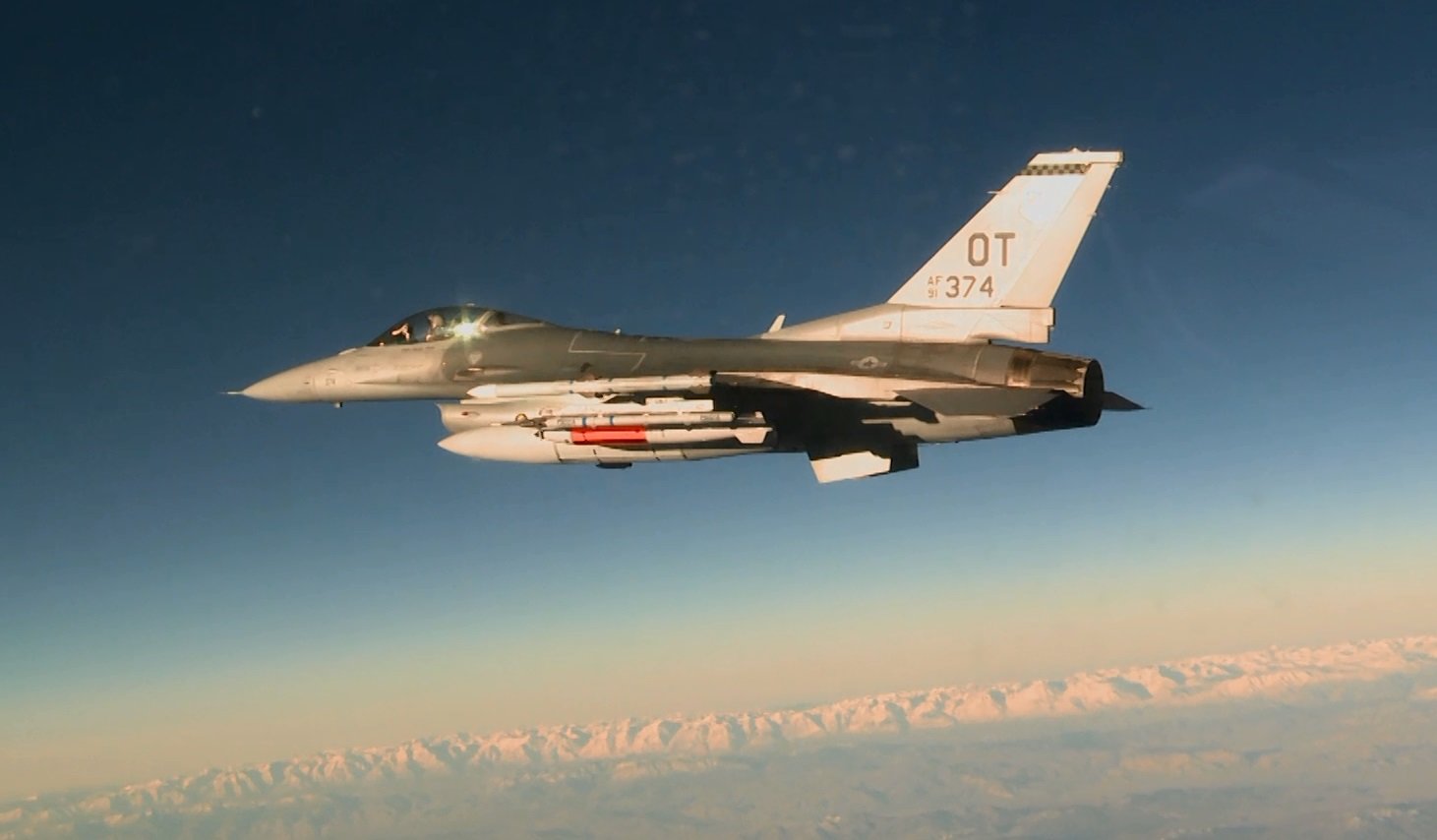Panel is concerned that problems might reflect fundamental oversight shortcomings that have broader implications
September 18, 2019 | BY JOHN M. DONNELLY | rollcall.com

The Senate Appropriations Committee wants to order the Energy Department to launch an investigation into technical problems that have recently plagued U.S. nuclear weapons programs.
The committee’s mandate is buried deep inside the report accompanying the $48.9 billion Energy-Water spending bill (S 2470) for fiscal 2020 that the committee approved on Sept. 12.
The panel is concerned that recent glitches in atomic weapons may have broader implications, and senators want to get to the bottom of the issue. Separately, a congressional aide familiar with the issue said the problems will add hundreds of millions of dollars to the atomic weapons budget.
“The Committee is concerned that a recent technical challenge demonstrates a lack of systems engineering and highlights a lack of coordination and leadership focus, which in turn jeopardizes successful program execution,” the report said.
The document does not mention any particular programs or provide details on the nature of the technical challenges. But experts on nuclear weapons said the panel is almost certainly referring to problems with two new weapons: a bomb called the B61-12 and a modified submarine-launched warhead called the W-88.
In both those programs, problems with commercially manufactured electrical components have caused months of delays, U.S.government officials have publicly acknowledged.
In another sign of intensifying congressional concern over the programs, the House Armed Services Subcommittee on Strategic Forces plans to hold a hearing Sept. 25 on those two programs.
Senate appropriators suggested in their report that they are worried the delays in these programs may reflect fundamental oversight shortcomings and may cause ripple effects in other nuclear initiatives, from keeping nuclear weapons out of terrorists’ hands to updating warship reactors to modernizing facilities.
The investigation must find causes and solutions, the panel said, and it must “ensure the extent of condition is not more widespread than currently reported.”
The Energy Department organizations responsible for nuclear arms “need to ensure any technical challenges or production issues, particularly in the electronic components, are discovered quickly and mitigated to minimize impacts” on the programs at issue and the department’s other priorities.
Experts said ballooning costs and schedule delays are an ongoing problem at the National Nuclear Security Administration, the Energy Department agency that manages atomic arms programs.
The latest glitches also show how dependent the secret weapons initiatives are on items available in the commercial marketplace.
“It is astounding that these two programs, which together were estimated to cost roughly $12 billion before this new problem was discovered, are being delayed because a commercially produced electronic component does not meet specifications,” said Stephen Young, a nuclear arms specialist with the Union of Concerned Scientists. “The good news is, because of how robust the U.S. deterrent is, this will not materially affect American security. But it is still a troubling sign for an agency that has so much work on its plate.”
The other programs in the NNSA’s plans are “more complex and aggressive,” the staffer said. “NNSA has not convinced staff that these delays will not create a cascade of delays in warhead updates that come after, further increasing cost and upending schedules.”
The B61 is the oldest nuclear weapon in the U.S. arsenal. It was first fielded in 1968. Its current four configurations would be replaced by the new B61-12.
The first production version of the B61-12 was supposed to be ready as early as this month, Energy Department officials said in 2018.
But this past May, officials disclosed in congressional testimony and interviews that both the B61-12 and the W-88 modification would be delayed.
At a Senate Armed Services Strategic Forces Subcommittee hearing in May, South Dakota Republican Mike Rounds asked Lisa Gordon-Hagerty, the head of the National Nuclear Security Administration, whether the B61-12 would be ready in 2023 as planned.
“That should be beyond 2025,” she said, noting that “an issue” had arisen, without elaborating.
Energy officials subsequently confirmed a few details about the problems, including that they involved electrical components. They said the delay to the B61-12 program could be a year to 18 months.
The parts problems were discovered on both the bomb and the missile warhead during testing in April 2019, according to a Government Accountability Office report in June.
The delays “could negatively impact the cost of and schedule for the subsequent major life extension programs on NNSA’s overburdened plate,” said Kingston Reif, an analyst with the Arms Control Association.
Three senior U.S. government officials are scheduled to testify next Wednesday before the House Armed Services subcommittee: Charles Verdon, deputy administrator for defense programs at the National Nuclear Security Administration; Vice Adm. Johnny Wolfe, the Navy’s director of strategic systems programs; and Lt. Gen. Richard Clark, the Air Force’s deputy chief of staff for strategic deterrence and nuclear integration.
Gordon-Hagerty “was invited to the hearing in order to offer her the opportunity to make clear how seriously she takes these vital programs, and she instead is sending a deputy,” the staffer said.
Gordon-Hagerty is one of five finalists to replace John Bolton as national security adviser, President Donald Trump said Tuesday.
